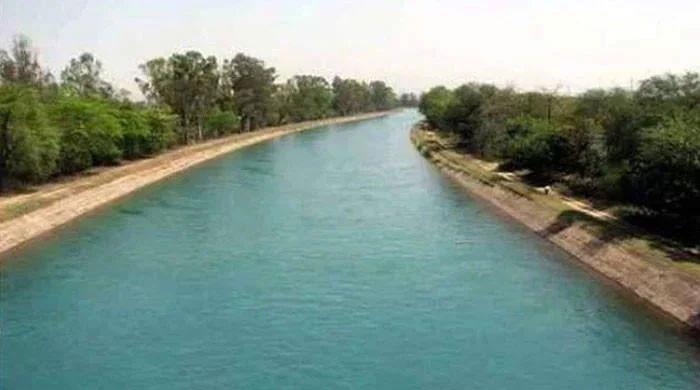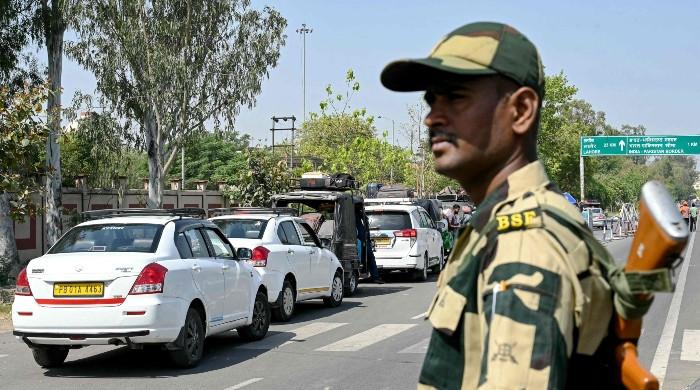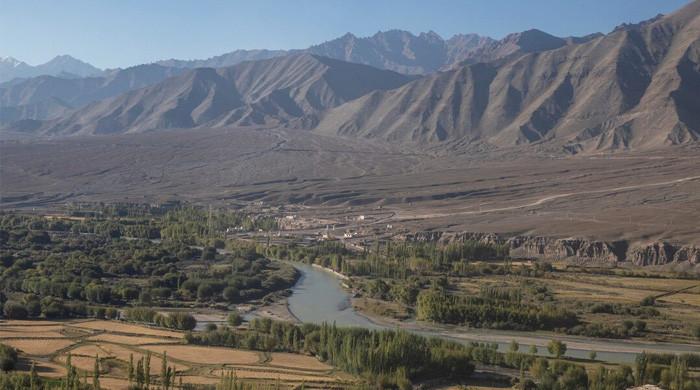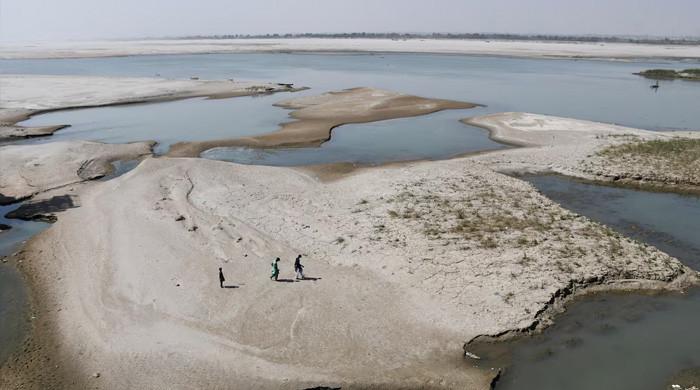Panama papers: Fair criticism of judicial act or contempt?
A judgment that interprets a political question is likely to invite critique, but there is a fine line between fair comment and contempt
November 16, 2017
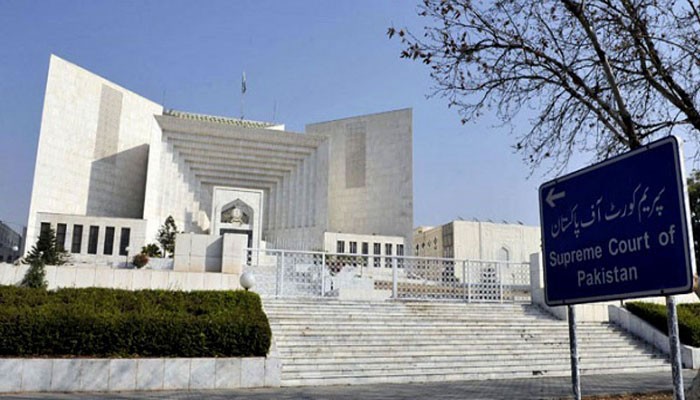
The Panama papers case attained finality on Nov 7, after the Supreme Court of Pakistan decided upon the review petition filed by ousted prime minister Nawaz Sharif and his family.
It’s been an interesting year-long journey, from Nov 2016 to Nov 2017, during which a packed-to-capacity courtroom heard the Panama trial and then dismissed the sitting premier, while a till-then reposed Sharif took out a GT road rally to ask, “Why was I removed?”
From the start, this was a case about setting precedents as opposed to following old ones.
Proceedings under Article 184(3) and 187(2) of the Constitution are by definition unique and empower the court to advert to controversies in the most effective manner to achieve justice.
The two Articles empower the apex court to assume jurisdiction in a matter of public importance and further broaden the judges’ power to adjudicate upon an issue of disqualification, as well as prescribe a procedure for doing so.
Hence, there were many firsts in the July verdict. The court gave a whole new dimension to the definition of the word “assets.”
For accounting experts, this was surprising. They expected the judges to consider the aspect of materiality as opposed to interpreting the words liberally. But what they did not realise was that the court was interpreting the term to determine its applicability in the case of a member of the parliament, who is bound by a strict criterion laid down in Article 62 of the Constitution.
A member parliament is placed on a higher pedestal as opposed to a common citizen. Those criticising the definition ascribed to the word “assets” must understand that it is to be specifically viewed in the context of parliamentarians. Therefore, the definition is not applicable to everyone else.
The review judgment also reinforces this point by highlighting that Sharif’s case is different from any other in the country.
In the past, the superior courts of Pakistan, have dealt with many cases involving unique propositions, for which it has had to pass innovative judgments.
Take the example of Lahore High Court’s Chief Justice Mansoor Ali Shah. Recently, while deciding a petition challenging the construction of the Signal Free Project Corridor in Lahore, he declared the Lahore Development Authority (LDA) illegal, referring to it as a tool used by the provincial government to bypass local governments. Then, there was the Supreme Court’s verdict that declared all decisions of the prime minister not taken during cabinet meetings as illegal.
One can certainly disagree with the judicial reasoning, but to doubt judicial intent is certainly not the right way of criticising the Panama papers case.
That said, there are nonetheless a few areas in the review judgment that the court could have further elaborated on for clarification, such as providing the exact edition of the Black Law’s dictionary.
Tacit approval of the minority judgment by the majority could also have been easily avoided. Then there was the language of the judgment that could have been improved and words such as ‘neck deep’ replaced to make the judgment more acceptable and admirable.
More so, by appointing an ‘Amicus Curie’ (friend of the court), who specialises in accountancy matters, would have helped the court in arriving at a more incisive and acceptable definition of the word “assets.”
A judgment that interprets a political question is likely to invite critique, but those complaining should remember that there is a fine line between fair comment and contempt. The debate needs to be put to rest. The Supreme Court had the legal domain to send an elected official home and it did so through a much-required judgment, which is expected to set straight the direction of accountability in Pakistan.
- The author is an advocate of the High Court practicing in Lahore. He tweets @pansota1
Write for us! Send in your submissions to [email protected]
Note: The views expressed in the article are those of the author, and do not necessarily reflect the official policy or position of Geo News or the Jang Group.




